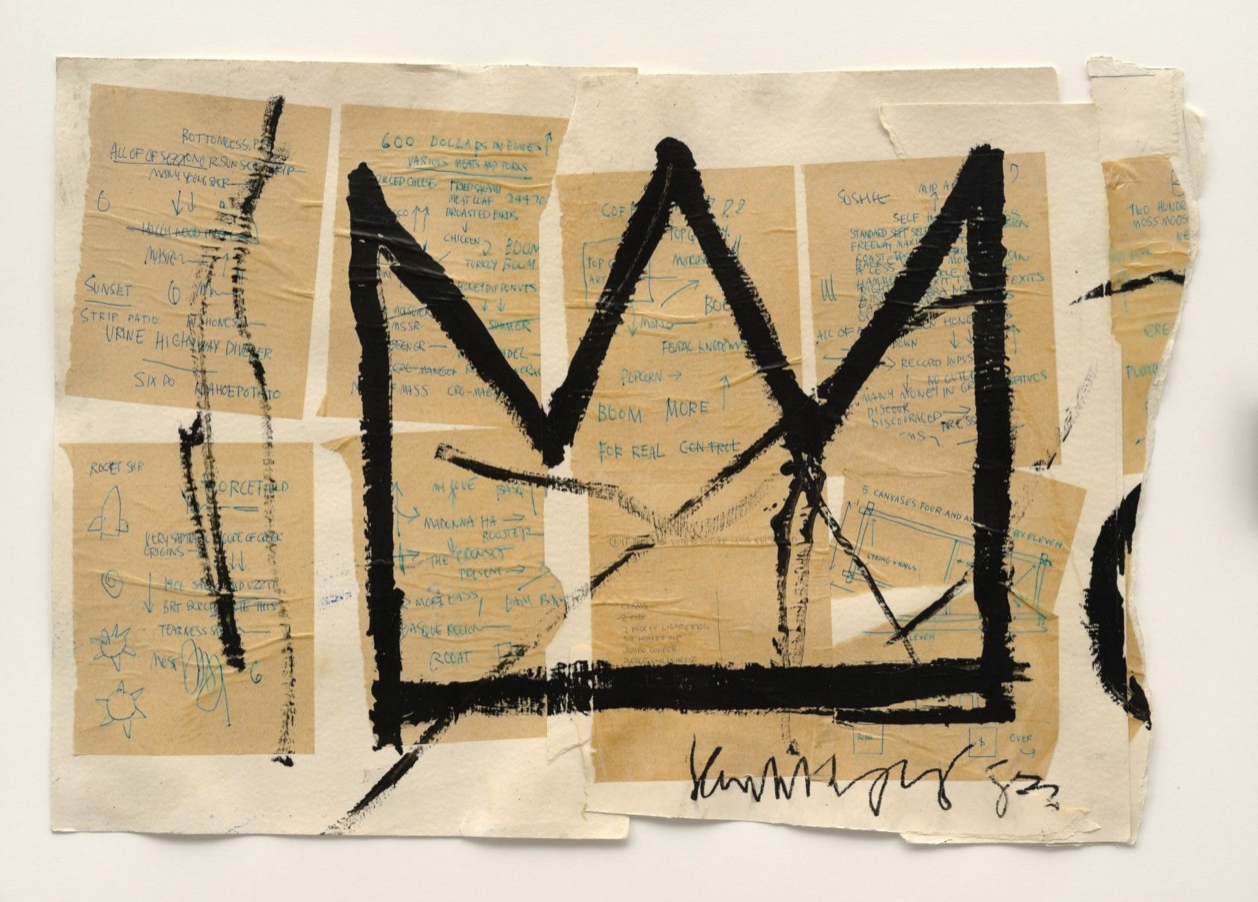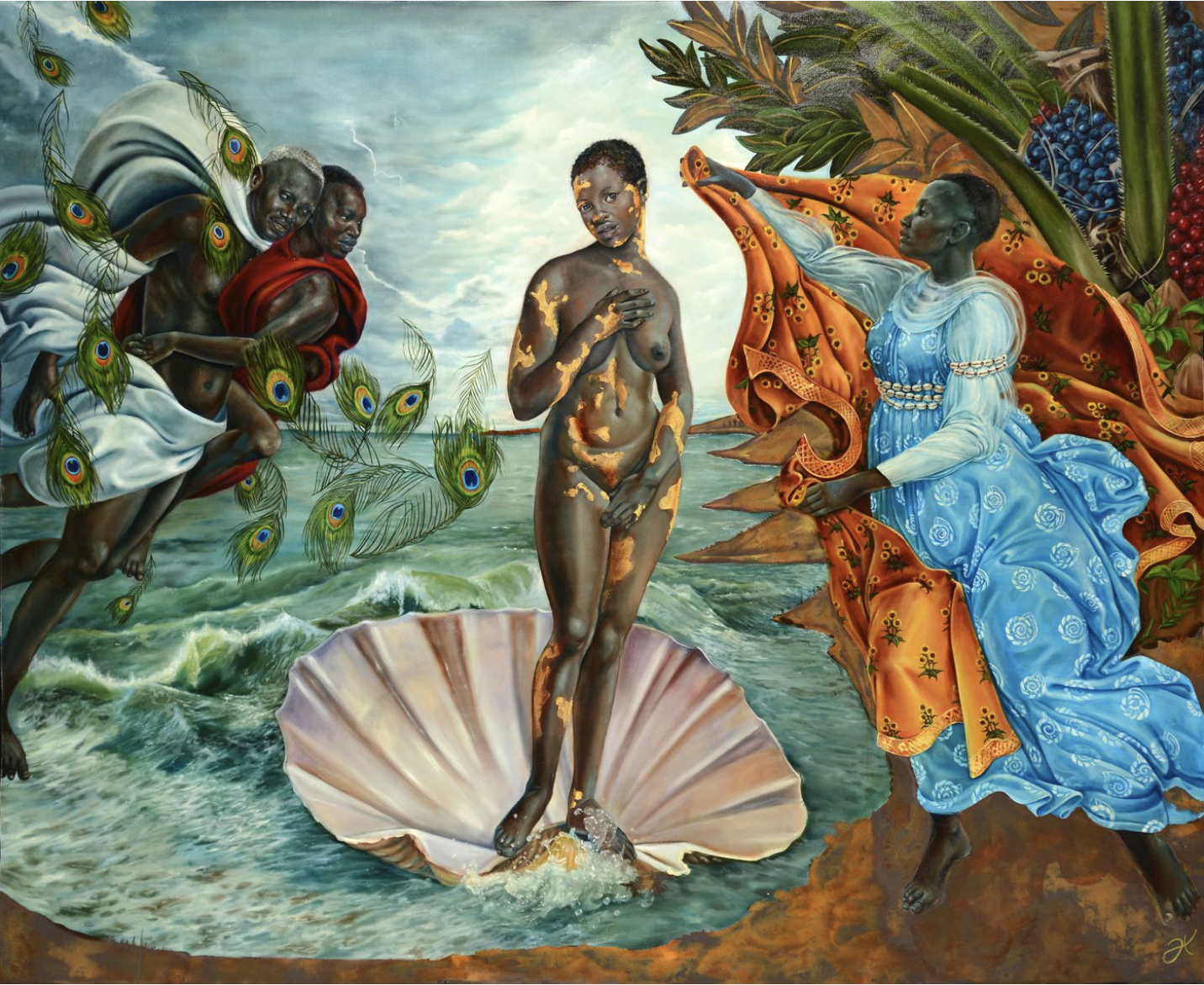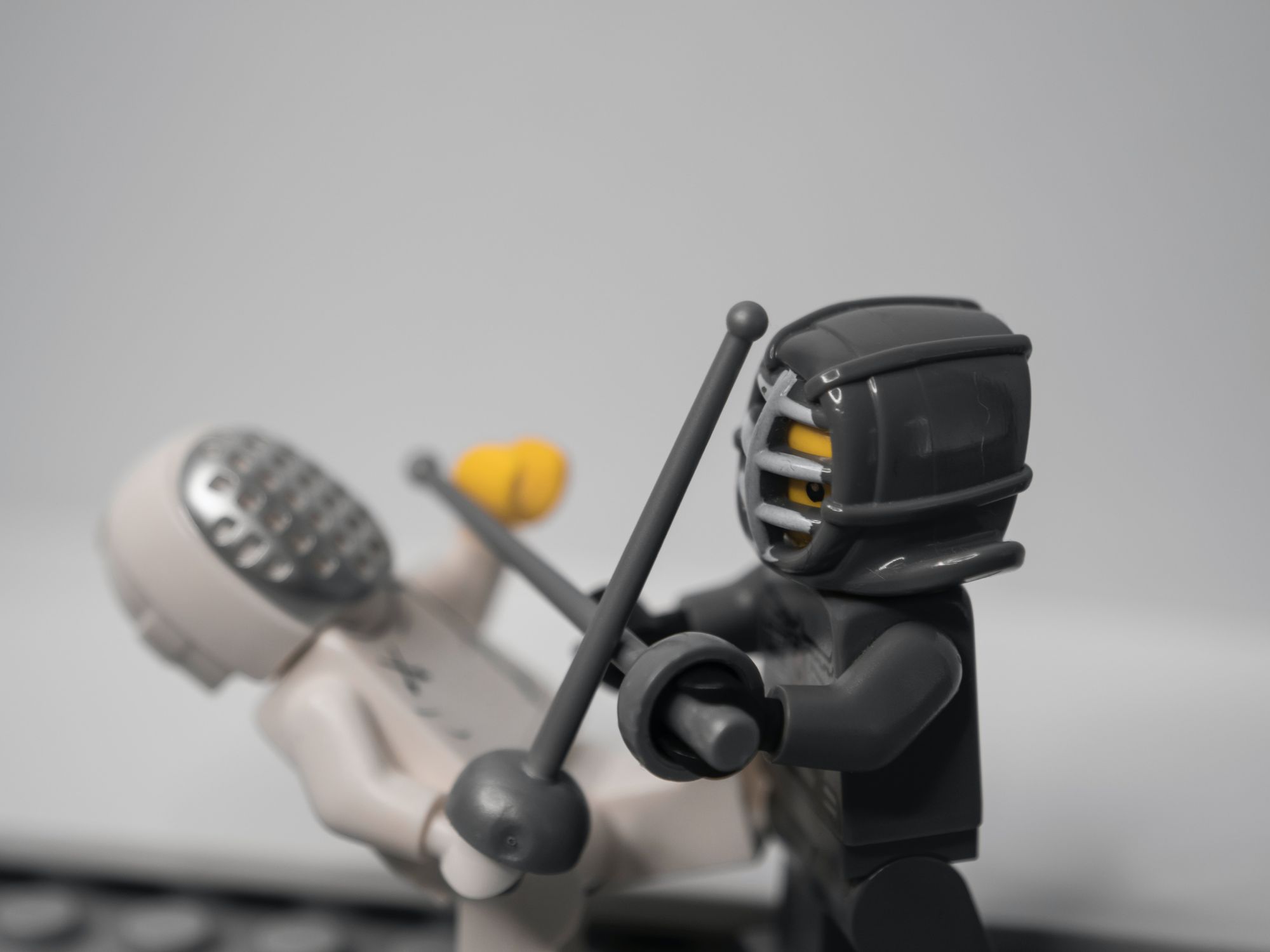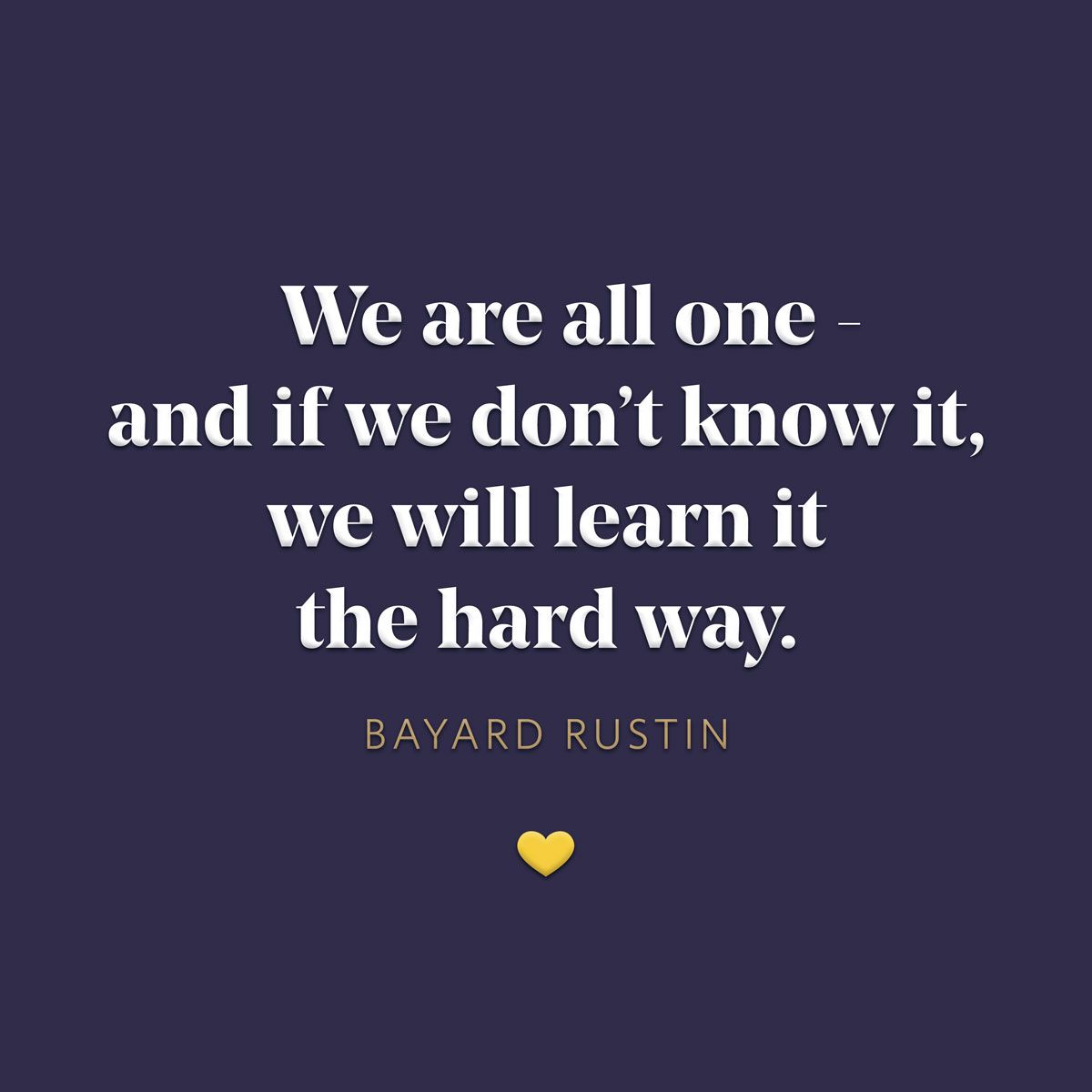OHF WEEKLY, Volume 4 Number 17
Letter from the EditorIn the Merriam-Webster Dictionary, there are two definitions of “icon” relevant here: - A person or thing widely admired especially for having great influence or significance in a particular sphere – for example, a civil rights icon; and
- Emblem, Symbol – for example, Rosie the Riveter, who represented the women who went to work in factories during WWII
It is not, I imagine, accidental that these examples relate to human rights. Who is more iconic than someone who supports or represents the rights of others? Ever since the debate about “historic” statues coming down in the past several years, I have spent some time thinking about the role of an icon and the purpose they do—or don’t—fulfill. What are their qualifications? What percentage of the audience must agree with the choice? Are they even necessary? When do they do more harm than good? I’m sure we all know the statues in question. Mostly America’s forefathers, virtually all white men: Washington, Jefferson, Hamilton, Franklin. All were integral to the country’s independence, and yet most or all were enslavers. Interestingly, many of the people who argue in favor of keeping the statues don’t try to convince us that they were good people, merely that they represent our history (as if textbooks are inadequate and we need that visual representation?). It’s as if the simple act of starting a revolution (on the winning side, at least) makes someone statue worthy. Sometimes people will say, “You have to look at them in the context of the period in which they lived.” It’s an interesting argument, and it might hold some water if we were simply talking about powdered wigs or wooden teeth—not enslaving people. And then there’s the fact that many of the statues were erected not as a celebration of the country’s new-found freedom but rather during the Jim Crow era as an intimidation tactic, and all I can say to that is, No. Just, No. Of course, there are very, very few non-white male statues, other than the Rev. Dr. Martin Luther King, Jr. Even if America’s forefathers hadn’t been enslavers, there is much to be said for diversity among icons such that there’s someone with whom we each have something in common; someone who looks like us and inspires us to be better. Or are white men the only people who need or deserve inspiration? Obviously, I’m exposing a personal preference for a particular type of icon: someone who inspires us to be better as human beings. There’s a bit more specificity there than in the definition above, where one could be simply a sports icon or famous singer. As the definition notes, an icon only needs to be influential within a particular sphere, but it seems to me that someone who we find admirable and influential should also inspire us to be our best selves in some way. So Michael Phelps, who overcame some personal demons, would be a better choice for a swimming icon than Ryan Lochte, even if their medal situation were reversed. Meanwhile, Serena Williams and Simone Biles would be even more iconic as sports stars who are also role models for young women, Black people, athletes, and, well, people. Still, Michael Phelps would qualify as iconic to many, certainly swimmers, and probably most Olympians. This is important because no one person is perfect in every way, and it would set the bar too high for any one human to clear (especially given the level of scrutiny and lack of privacy today). Even MLK was imperfect. 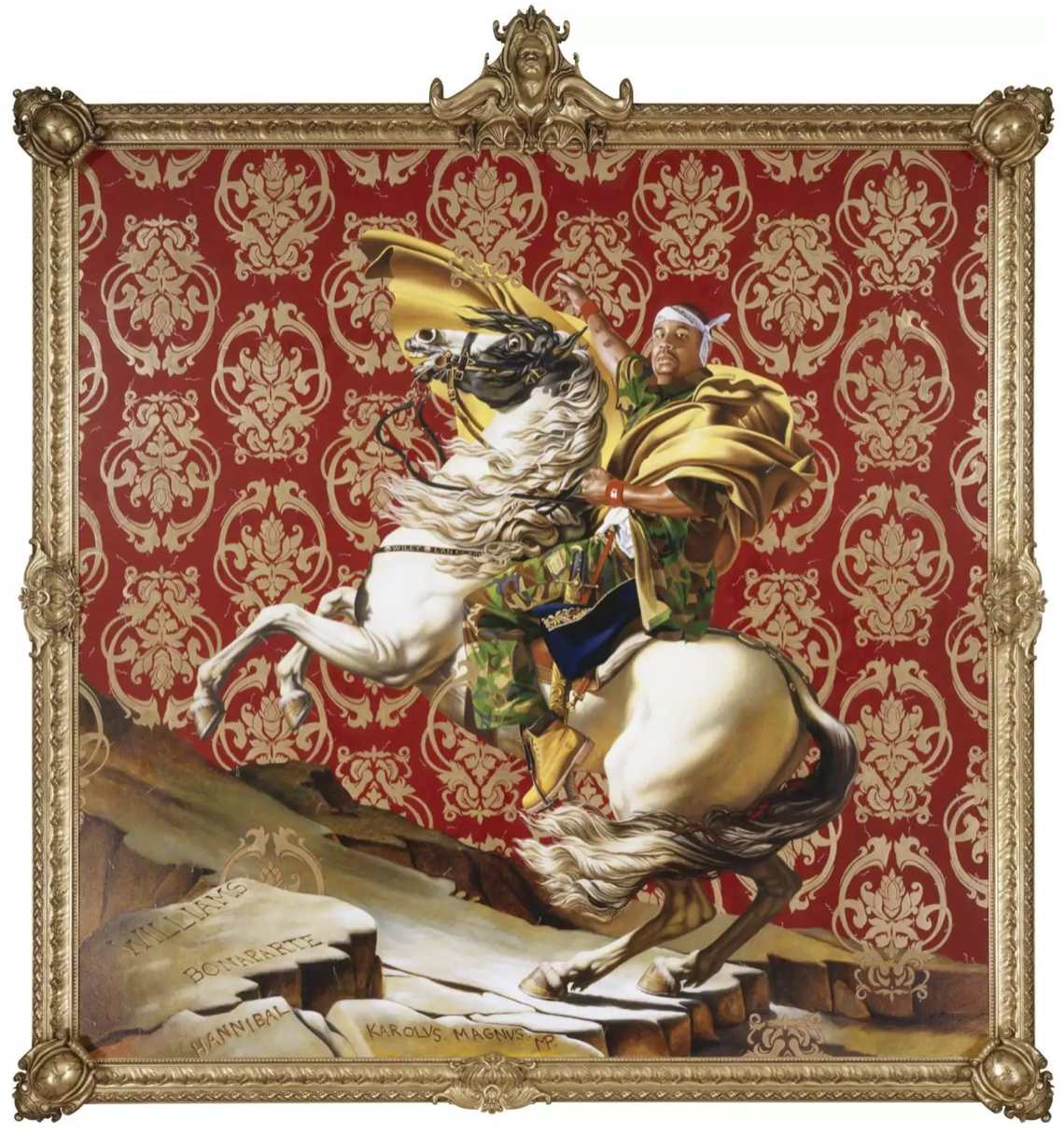 Napoleon Leading the Army over the Alps, 2005. Kehinde Wiley. Artsy.net So where do we draw the line? Who is worthy of being bronzed? Who should get to decide? It seems reasonable to expect that the individual, no matter how brave or brilliant or talented within a given sphere, should not have done anything so heinous as to overshadow their contributions. The German Führer, albeit apparently able to influence an entire country to do virtually anything, would certainly never qualify (an extreme example, to be sure!). And someone such as Thomas Jefferson, a great statesman who enslaved his own mistress and children, should not be considered iconic. The first rule would be, as the saying goes, “First do no harm.” As for the second rule . . . I have no idea. The sad thing is, we need icons more than ever—especially in America—not only to inspire us as individuals but also to pull us together and help us find some common ground, but we’d find little agreement on who those should be, for the very same reason. Simone Biles? How selfish of her to withdraw from the Olympics! Serena Williams? Let’s not even go there. Funny thing, anyone reading this at OHF Weekly knows what the real objection to these ladies is, but I’m sitting here trying to come up with my own list, and just about everyone who comes to mind is Black or of color. Martin Luther King, Jr. Malcolm X. Harriet Tubman. John Lewis. Jesus Christ. Toni Morrison. Nelson Mandela. Bishop Tutu. Maya Angelou. Again, nobody’s perfect, but these people have all done so much good. We might not all agree on every name, but it would probably be by a few degrees rather than a 180. As a white woman, though . . . someone who I could theoretically relate to the most . . . there are people in my personal life, but no one famous. Dolly Parton, actually. Maybe Mackenzie Scott. And white men? Hmm . . . Jimmy Carter. Not the greatest president ever, but a fine human being by all accounts. Elie Wiesel? Perhaps Volodymyr Zelenskyy? Is whiteness really so toxic that so few examples come readily to mind??? This is a moment when the privilege of white privilege becomes rather murky. What do others think? Who do you admire, and why? What role have icons played in your lives? I could use more inspiration, and I would love to hear! (You could even submit it as a story to OHF Weekly, hint hint.) Regardless of the many divisions in our society, true icons help to break down the walls and build humanity up, even if it’s just a few bricks at a time. A sad note: Last week Juhi Kalra, an OHF Weekly reader, talented, empathetic poet, and truly wonderful human being, passed away. Juhi, you brought great heart, a bright light, and a sparkle to this world, and you are missed. Love one another. Sherry Kappel
OHF Weekly Managing Editor
In Case You Missed It
Are you a writer? Can you access your inner empath? Take a shot at our fiction writing contest—with honest-to-goodness cash-ola for the top writer! And our theme is . . . fully one of empathy. Details here . . . we hope to hear from you!
Final Thoughts
Top image by Jean-Michel Basquiat – Untitled (Crown), 1982, Acrylic, ink, and paper collage on paper, 50.8 x 73.66 cm (20 x 29 in), private collection, photo: Mark Woods. Public Delivery.
|
